
5 Early Symptoms of Stomach Cancer That Help with Early Detection
Stomach cancer, also known as gastric cancer, is a serious disease that often develops silently in its early stages. Because many of its initial signs resemble common digestive issues, early detection can be challenging. However, identifying specific symptoms early on can be crucial for timely diagnosis and effective treatment. Here are five early symptoms of stomach cancer that should not be ignored.
1. Persistent Indigestion or Heartburn
One of the most common early symptoms of stomach cancer is frequent indigestion or heartburn that does not go away with usual over-the-counter medications. While indigestion is a common problem caused by eating spicy food or stress, when it becomes chronic and unrelated to food choices, it could signal something more serious. Patients often describe a burning sensation in the upper abdomen or a feeling of fullness even after small meals. If such discomfort persists for more than a few weeks, a medical evaluation is recommended.
2. Unexplained Weight Loss
Sudden and unintentional weight loss is a red flag for many types of cancer, including stomach cancer. In the early stages, patients might lose weight without trying, even if they are eating regularly. This symptom occurs because cancer affects the body’s ability to absorb nutrients, and the tumor itself may cause a reduced appetite. Weight loss without a clear reason should always be investigated by a healthcare professional.
3. Loss of Appetite and Feeling Full Quickly
Another early symptom of stomach cancer is a noticeable change in appetite. Patients often report feeling full after eating only a small amount of food, a condition known as early satiety. This is typically due to the growing tumor reducing the stomach's capacity. Over time, this symptom can lead to nutritional deficiencies and worsening fatigue. People who experience a sudden change in eating habits or a constant lack of appetite should seek medical advice.
4. Nausea and Vomiting
Although nausea and vomiting can result from various causes like food poisoning or infections, persistent symptoms could indicate a problem in the stomach lining. In some cases of stomach cancer, patients may vomit blood or material that looks like coffee grounds, which indicates internal bleeding. Even when vomiting is not bloody, ongoing nausea for no apparent reason should be taken seriously and evaluated by a doctor.
5. Abdominal Pain or Discomfort
Mild stomach pain or discomfort that becomes more constant and localized can also be an early warning sign. In the beginning, the pain might come and go or feel like a dull ache in the upper abdomen. As the cancer progresses, the discomfort can intensify and become more specific. Unlike temporary pain caused by gas or indigestion, cancer-related pain tends to be persistent and does not improve with typical treatments.
Conclusion
Stomach cancer often develops without obvious symptoms in its early stages, which makes it especially dangerous. However, by being aware of subtle warning signs such as persistent indigestion, unexplained weight loss, changes in appetite, nausea, and abdominal pain, individuals can increase their chances of early detection. Early diagnosis significantly improves the success rate of treatment and overall prognosis. Therefore, it is essential to listen to your body and consult a medical professional if you notice any unusual or ongoing symptoms.
News in the same category


13cm of Intestine Fell Out After 2 Hours on the Phone in the Toilet: 5 Dangers of Using Your Phone in the Bathroom

Don't Drink Water Right After Waking Up — Doctors Recommend Doing These 5 Things First
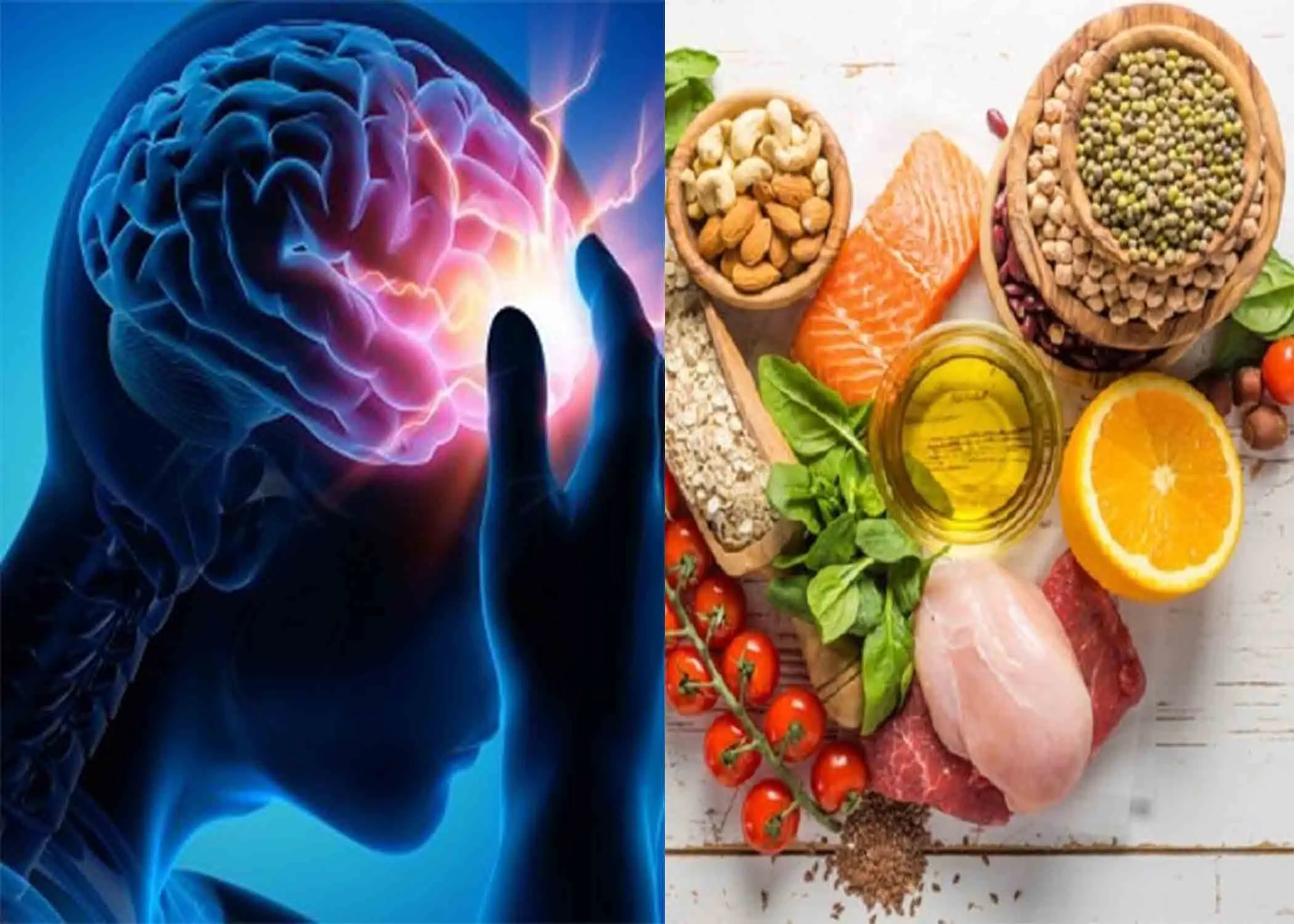
A 40-Year-Old Man Suffers a Stroke After Dinner: Doctor Points Out 3 Critical Mistakes
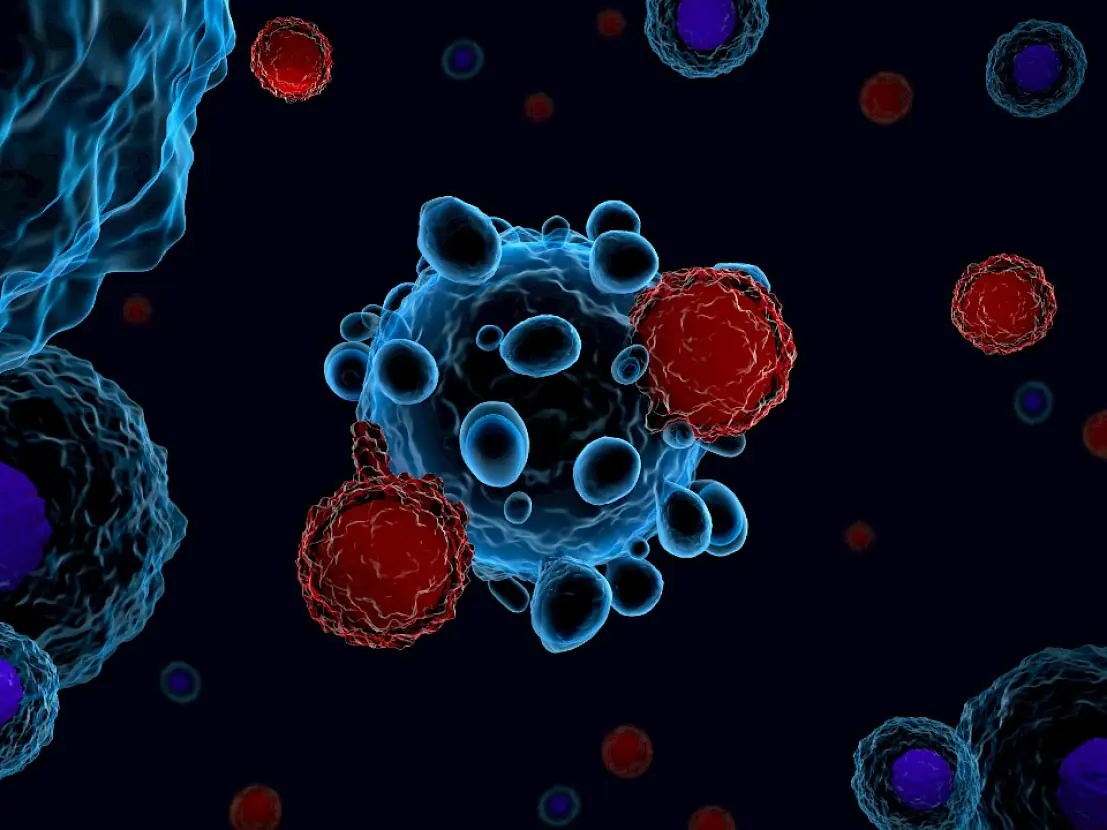
This Fruit Is Eaten Every Morning by a Famous Billionaire: A Powerful Secret to Fighting Cancer
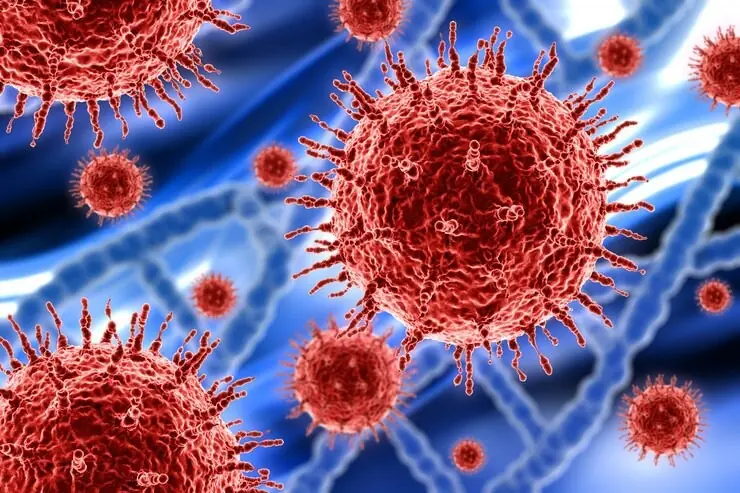
Warning Signs in Your Stool That May Indicate Colon Cancer: Seek Medical Attention Immediately
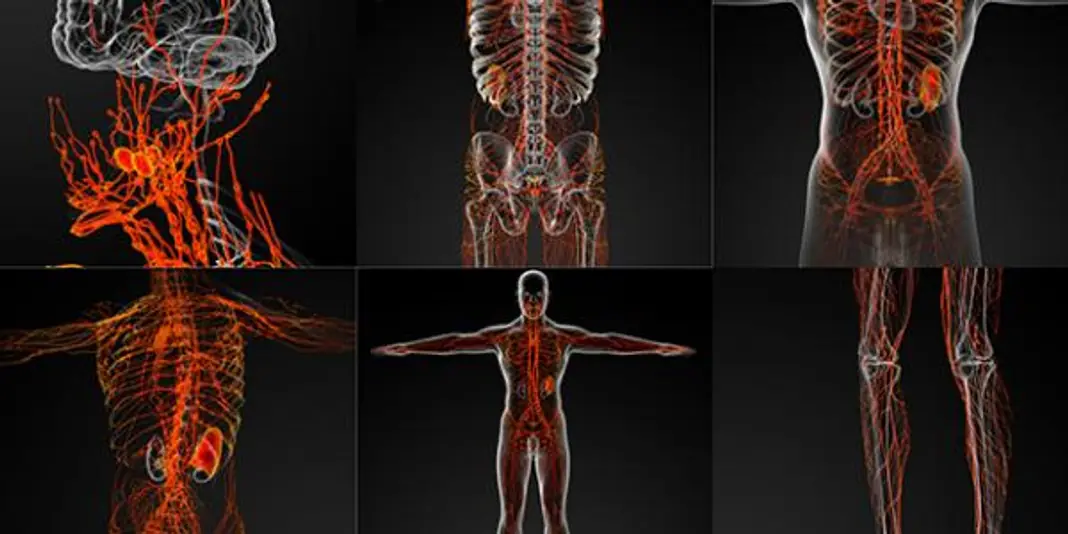
10 Effective Ways to Boost Your Lymphatic System Health
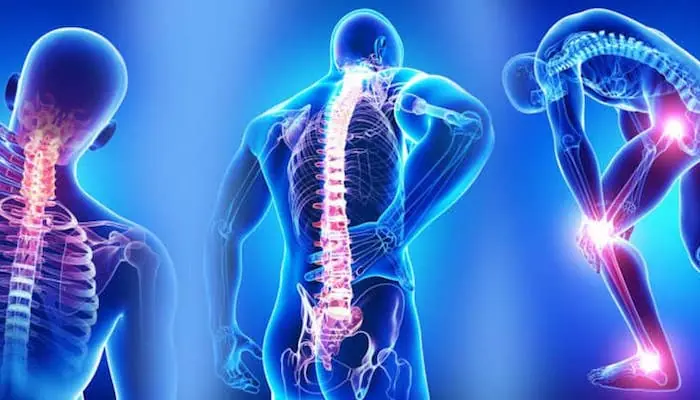
Fibromyalgia: Understanding Symptoms & 8 Natural Ways to Find Relief

Powerful Piriformis Stretches to Soothe Sciatic, Hip, and Lower Back Pain
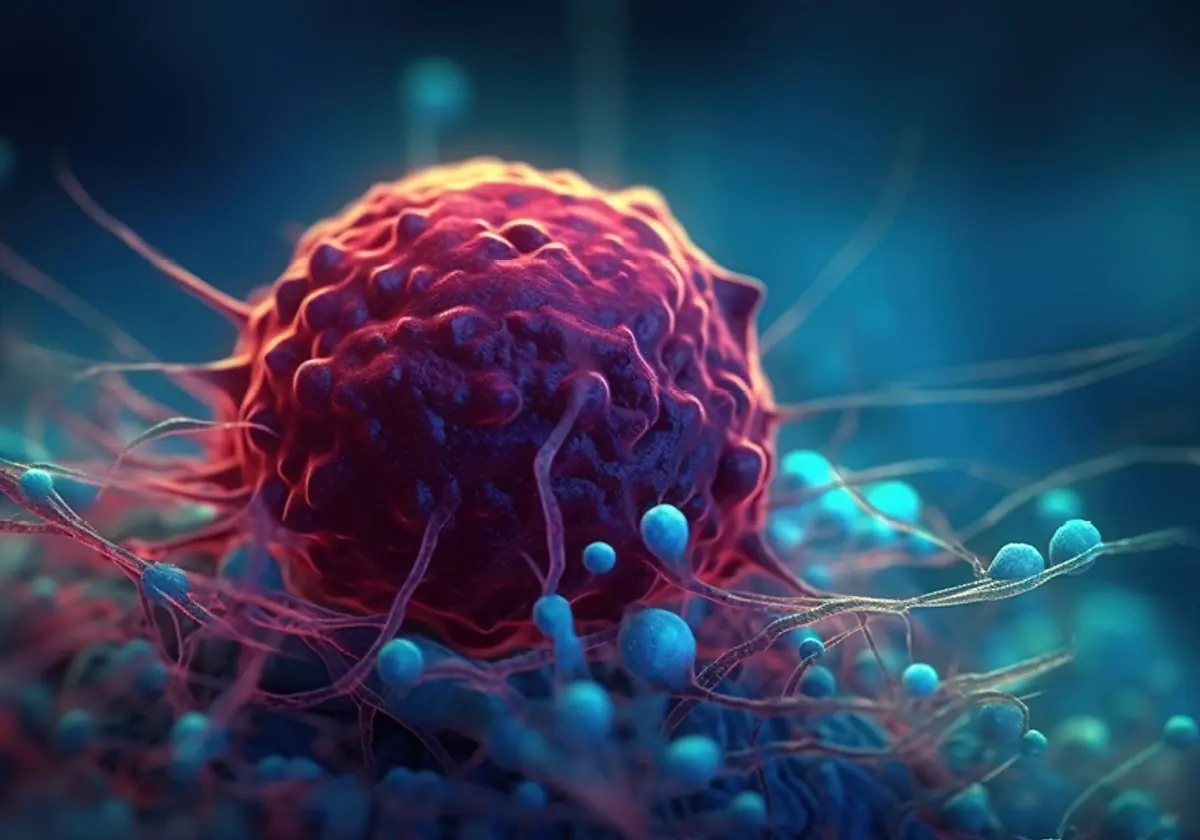
4 Types of Cancer with Over 90% Cure Rate: Everyone Should Watch for the Early Signs
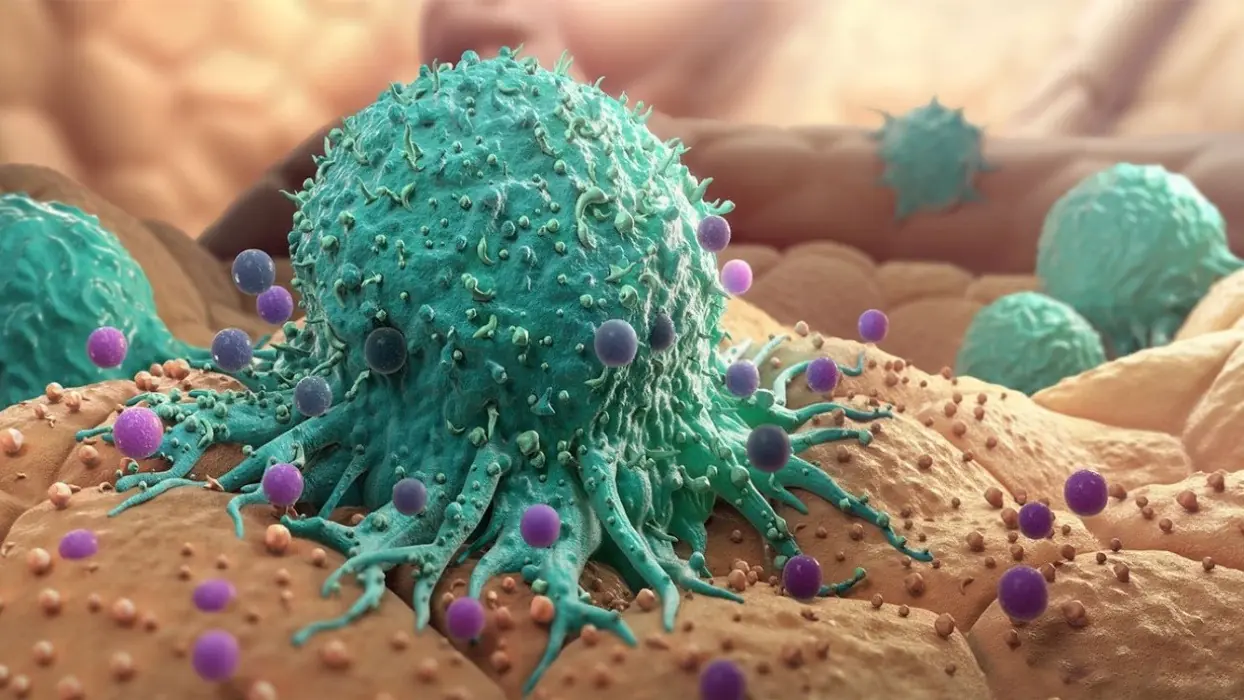
If Cancer Is Developing in the Body, These 3 Nighttime Signs Often Appear — But Many People Ignore Them
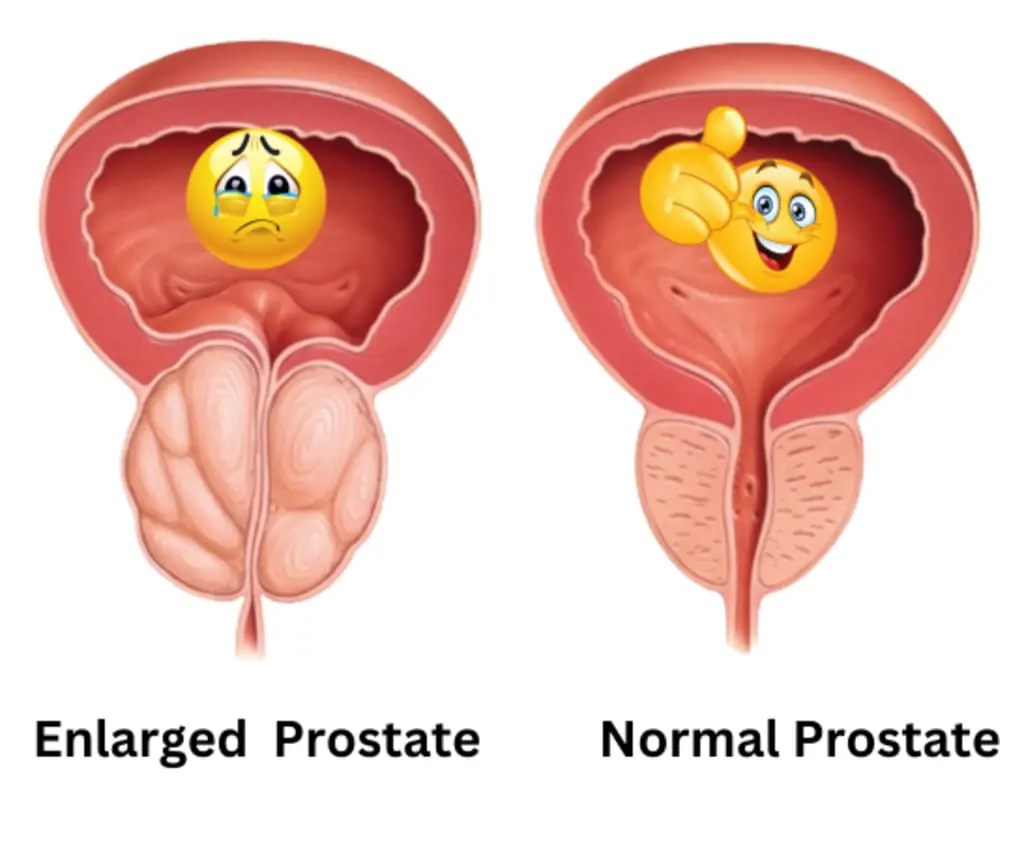
Prostate Cancer: Warning Signs and Symptoms Men Shouldn't Ignore

8 Warning Signs Your Tongue May Be Sending About Your Health
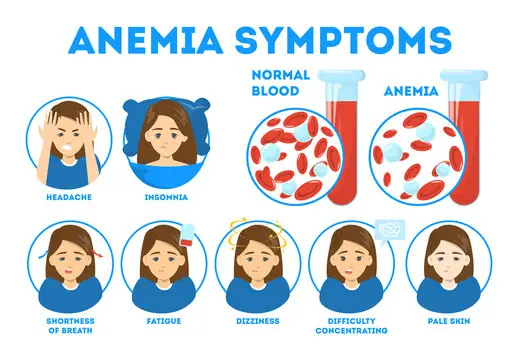
Boost Your Iron: Essential Signs to Watch For & Effective Strategies

Scientists Explain How Sleeping on Your Left Side Affects Your Health

Proven Health Benefits of Eating Eggs: More Than Just Breakfast Food
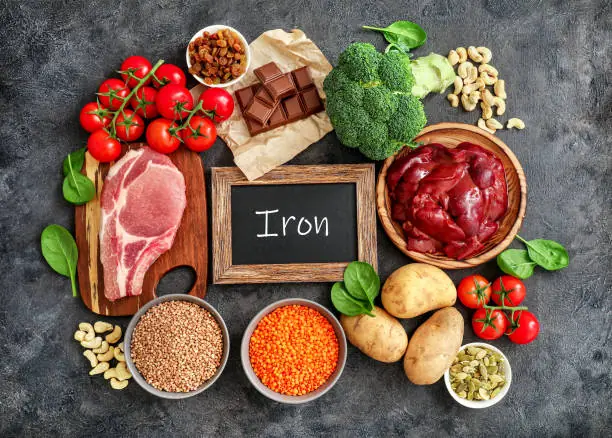
Top Signs of Iron Deficiency & Science-Backed Ways to Boost Your Iron Levels

Scientists Warn China-Identified Bat Virus Just One Mutation Away From Sparking Global Pandemic

Doctors Reveal How Eye Exams Can Detect Signs Of Cancer And Diabetes
News Post

The Back of Your Hand Reveals Longevity Secrets: 4 Signs Everyone Should Check

13cm of Intestine Fell Out After 2 Hours on the Phone in the Toilet: 5 Dangers of Using Your Phone in the Bathroom

Don't Drink Water Right After Waking Up — Doctors Recommend Doing These 5 Things First

Discover the Magic of Guava Leaf Tea: Your Secret to Vibrant Health

You Cannot HEAL Your KIDNEYS If You Don’t EAT These 15 Fruits!

Most People Ignore Aloe Vera—Until They Face One of These 16 Problems

🥕 Feeling Heavy, Bloated, and Tired? Try This Simple Morning Drink to Feel Lighter and Energized

Baking Soda and Lemon: 8 Potential Health Benefits for Women to Explore

12 Amazing Health Benefits of Papaya Flowers: A Jar of Papaya Flowers in Honey Can Help Your Whole Family Anytime

A 40-Year-Old Man Suffers a Stroke After Dinner: Doctor Points Out 3 Critical Mistakes

This Fruit Is Eaten Every Morning by a Famous Billionaire: A Powerful Secret to Fighting Cancer

Warning Signs in Your Stool That May Indicate Colon Cancer: Seek Medical Attention Immediately

10 Effective Ways to Boost Your Lymphatic System Health

Fibromyalgia: Understanding Symptoms & 8 Natural Ways to Find Relief

Powerful Piriformis Stretches to Soothe Sciatic, Hip, and Lower Back Pain
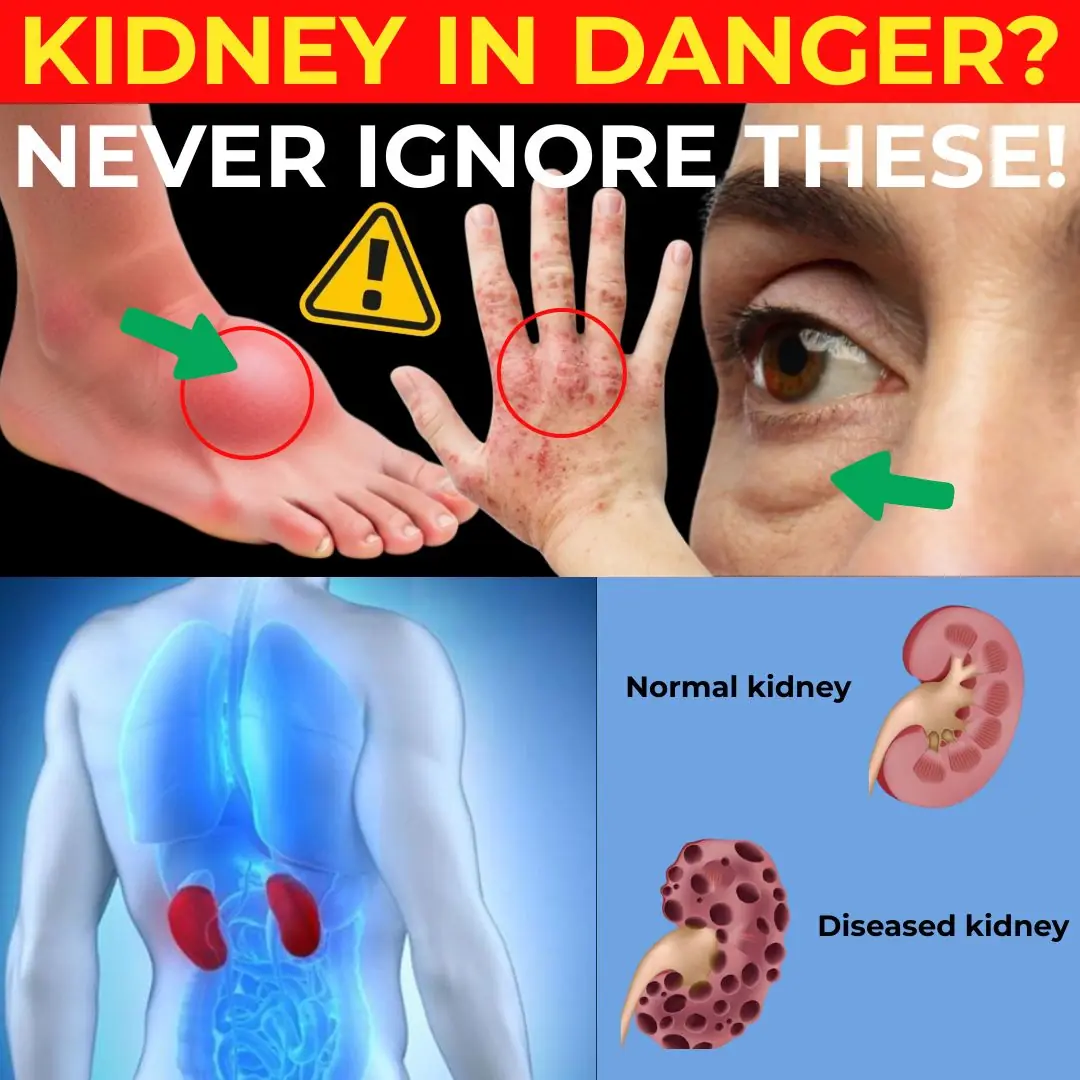
10 ALARMING Signs of Chronic Kidney Disease (Are You at Risk?)

35 Years Without Illness: My Natural Formula for Clear Eyes, Sharp Mind, and Stable Blood Pressure

Say Goodbye to Nail Fungus for Less Than $0.50! A Simple Bay Leaf Remedy That Works

Nature’s Overlooked Healer: Astonishing Benefits of Goosegrass You Need to Know
